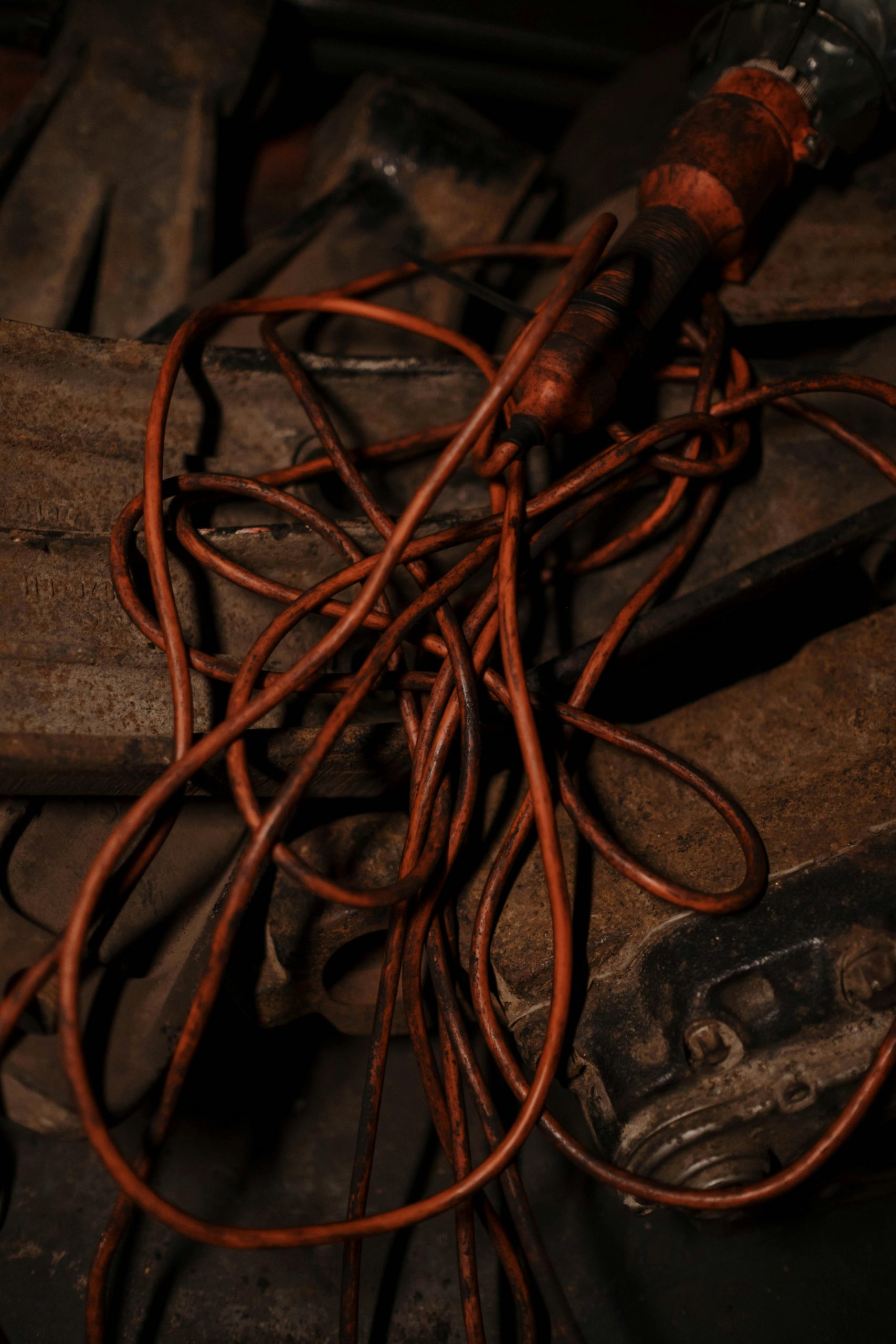Legal and Repair Challenges After a Rear-End Collision: Navigating Post-Repair Vehicle Issues
Experiencing a car accident can be stressful enough, but dealing with the aftermath—especially when repairs lead to unexpected problems—can be even more daunting. Recently, I found myself in this very situation after being rear-ended by another driver. Here’s a detailed account of what transpired and some guidance for others facing similar challenges.
The Incident and Initial Repair Process
A few weeks ago, my vehicle was struck from behind. I promptly filed a claim with the at-fault driver’s insurance, which acknowledged liability. The insurance company directed my car to an authorized repair facility to address damages primarily involving the rear bumper and backup camera system.
While the repair shop initially scheduled multiple delays, they eventually notified me that my vehicle was ready for pickup. However, upon arriving at the shop, I was met with an unexpected problem: my car would no longer start. The shop attributed this issue to electrical wiring complications and refused to accept responsibility, instructing me to handle the situation at my own expense—towing the vehicle and arranging repairs independently.
Pre-Accident Vehicle Condition
Before the collision, my car was in excellent working order. I personally drove it to the repair shop without any trouble. The diagnostics performed there confirmed that the vehicle was functioning correctly aside from the broken backup camera, which was the focus of the repairs.
Current Situation and Concerns
Now, I am faced with a vehicle that not only remains physically damaged but also refuses to start due to what appears to be an electrical fault emerging after repairs. Unfortunately, the insurance provider has distanced themselves from any responsibility related to the electrical issue, leaving me to bear the cost of towing and fixing the new problem.
Seeking Advice and Next Steps
Has anyone encountered a similar scenario? What are the possible legal or procedural avenues to ensure the responsible party or their insurer addresses these post-repair damages? It feels unfair to be left with a malfunctioning vehicle stemming from the repair process and to be responsible for additional expenses.
If you find yourself in a comparable situation, consulting a qualified automotive attorney or your local consumer protection agency might be beneficial. Document all communications and repair activities meticulously, as this information could be vital in resolving disputes or pursuing compensation.
Ultimately, navigating the aftermath of an accident can be complex, especially when repairs lead to unforeseen issues. Being informed of your rights and available resources can help you better manage these challenging circumstances.



